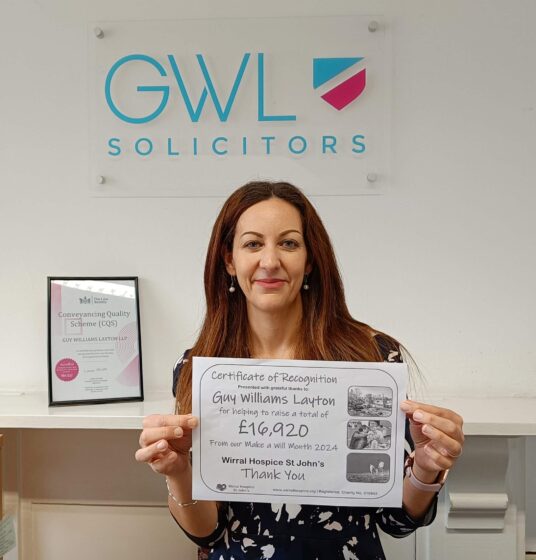The timeshare sales boom of the 1980s has resulted in a timeshare crisis for the current decade. Most of those who purchased timeshare interests in the 1980s are now in their 70s and 80s. Whilst they have had the benefit of up to 30 years of holidays which have by now paid for themselves, a large proportion of owners find themselves unable to take advantage of their timeshare interests any longer. However, they remain burdened with the annual maintenance fees which can be a drain on reduced resources.
One of timeshare’s big selling points in the early days was that the interests were held by buyers in perpetuity so that it belonged to them and their families forever. Timeshare salesmen played on this as a major advantage but they never pointed out that the liability to pay maintenance fees was also forever and this has come to be a very great worry for many people.
According to relevant law and the constitutions of most timeshare developments, the only way of disposing of a timeshare interest is either to sell it or agree a surrender with the developer. Both of these possibilities are problematic.
Most resorts have struggled over the last 10 years to recover sufficient maintenance fees to maintain the necessary standards of upkeep, renovation and services. This problem was partly caused by the recession during which many owners were simply unable to pay their maintenance. Perhaps more importantly there is an increasing proportion of elderly owners unable to use their interests and either unwilling or unable to pay their maintenance fees. Resorts have therefore traditionally resisted taking surrenders of timeshare interests as that will further decrease the maintenance available for the upkeep of the resort. This can obviously be a considerable detriment to the resort and to other members.
Sale of a timeshare interest is even more problematic. There are various organisations that will claim to buy up unwanted timeshare interests. However, unless this is done properly and approved by the development, the owner’s liability for maintenance fees will not be extinguished. Unfortunately, many of those trying to sell their timeshare interests, particularly the elderly, have been deceived by fraudulent sales companies. Many of the timeshare resale companies are as aggressive and unscrupulous as many timeshares salesmen were in the early days before the timeshare business was cleaned up and much more tightly regulated, as it is now. Many resale companies will promise to find a buyer for the timeshare interest within a year or two and charge fees of many thousands of pounds in the meantime. Owners often find themselves several years down the line not having disposed of the timeshare interest and with the continuing liability for maintenance fees having paid out considerable further sums of money to the resale company.
Recently there has been movement, encouraged by The Resort Development Organisation (“RDO”), to consider sympathetically any genuine requests for surrender of a timeshare interest on the basis of ill health, bereavement, old age, etc. Subject to satisfying certain relevant criteria a result can often be obtained within a matter of months which brings to an end any liability for maintenance fees. However, in order to take advantage of such exit strategies, maintenance fees must always be fully paid up to the date of surrender and there is generally a surrender fee equivalent to 3 to 4 years’ maintenance.
Rather than fall prey to predatory timeshare resale companies, anybody who wishes to dispose of a timeshare should seek advice from a suitably qualified and experienced person who is properly regulated. At Guy Williams Layton we have many years’ experience of dealing with timeshare interests from all sides. We are Members of the RDO and are fully regulated by the Solicitors Regulation Authority. We can advise you on your options and often obtain a surrender within a matter of months at a fraction of the price that you would pay a timeshare resale company.
If you would like to know more, please contact Jonathan Hogg at jh@gwl.co.uk






